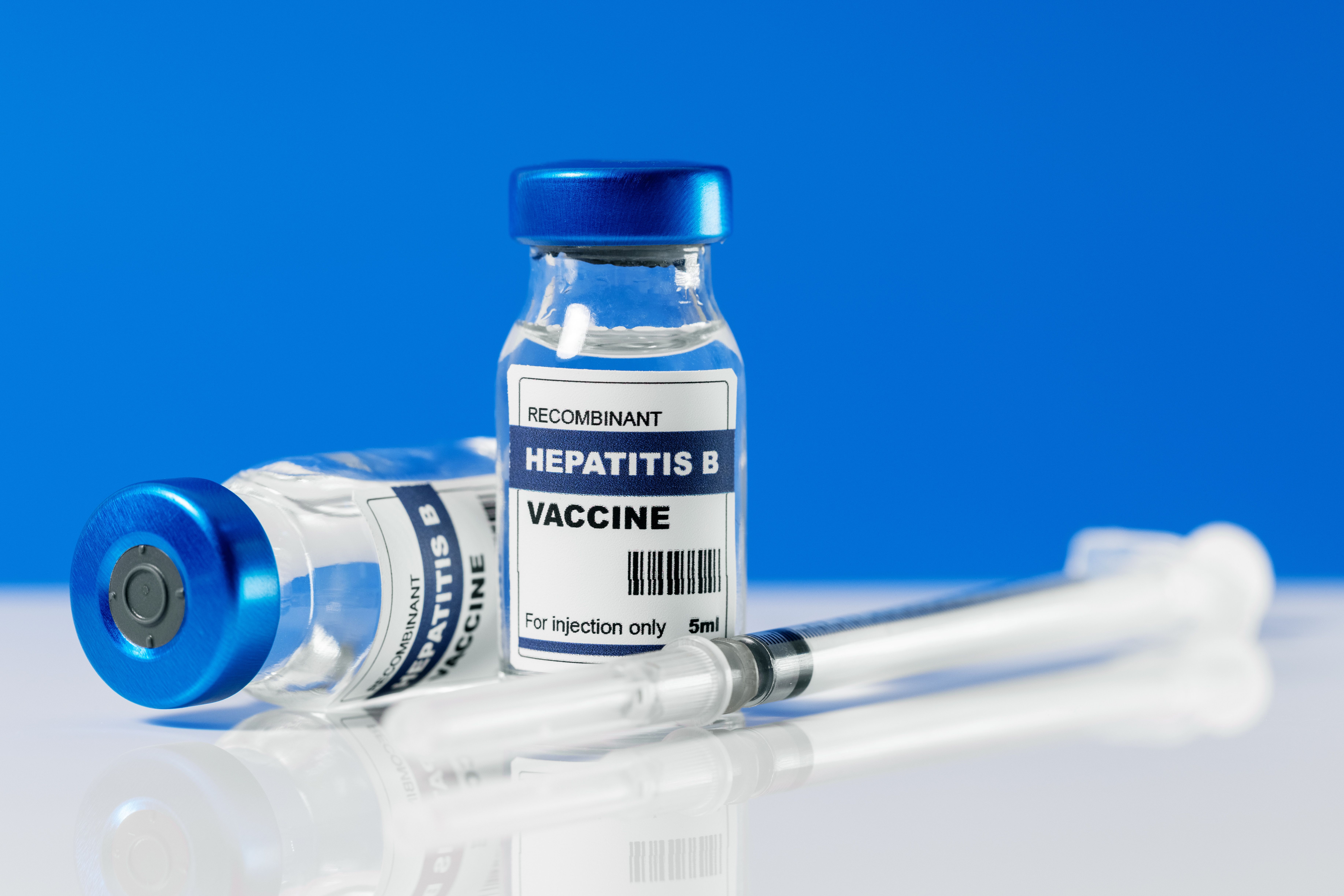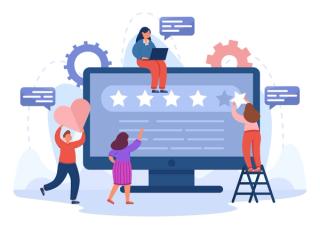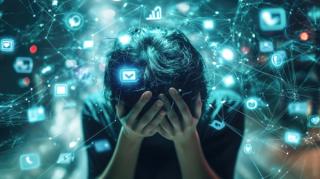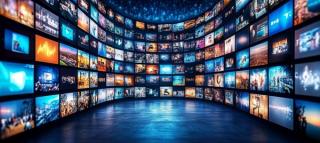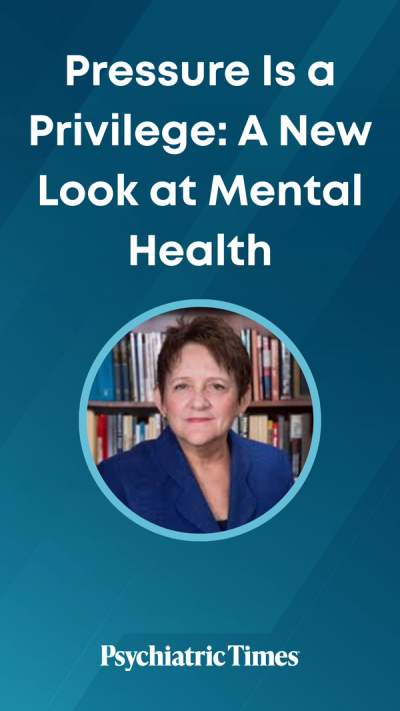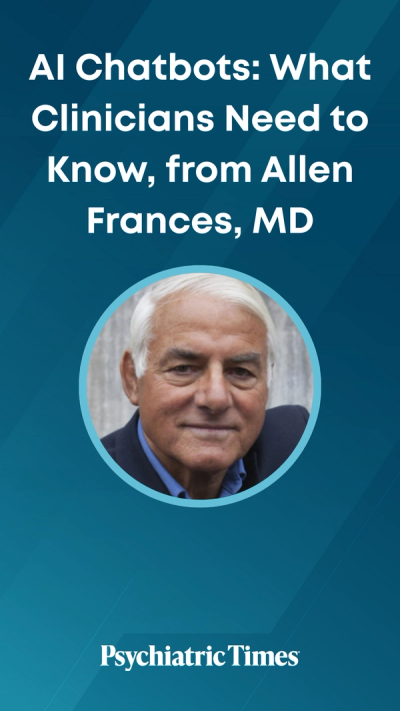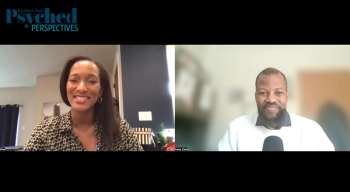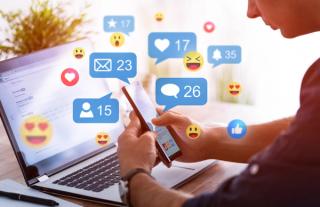
Media & Psychiatry
Latest News
Latest Videos
Shorts
Podcasts
CME Content
More News
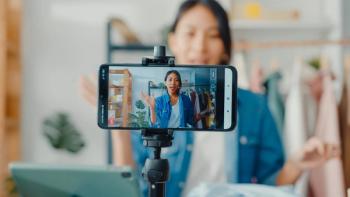
Psychiatrists navigate the complexities of mental health care, balancing evidence-based practices with patient-centered approaches amidst social media scrutiny.

OpenAI acknowledges ChatGPT's risks to psychiatric patients and commits to improving safety measures, but skepticism about their sincerity remains.

Online dating transforms connections but often leads to loneliness and mental health issues. How can we encourage safer, more meaningful interactions?
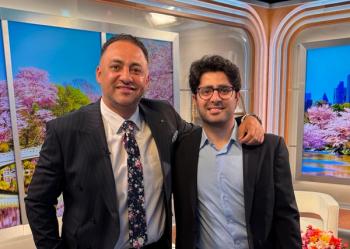
Psychiatrists can leverage media to reshape mental health narratives, combat misinformation, and engage with the public, in a way that fosters open conversations and reduces stigma.
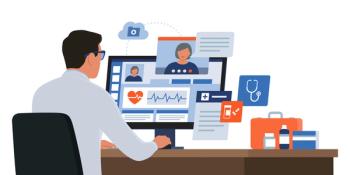
Mental health professionals should navigate media engagement by upholding ethical standards, ensuring informed consent, and combating misinformation to promote public awareness.
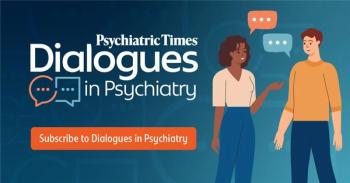
Subscribe to our brand new LinkedIn newsletter!
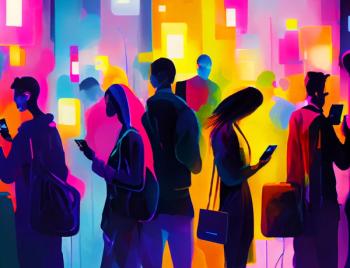
Digital communication is a powerful tool, but without clear boundaries, it can blur the line between education and clinical care, leading to ethical and professional challenges.
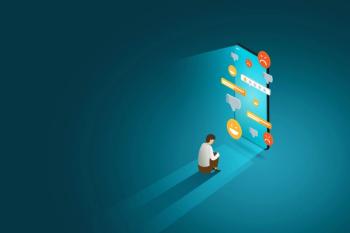
Could social media offer a new approach for clinicians working with patients experiencing some phobias?
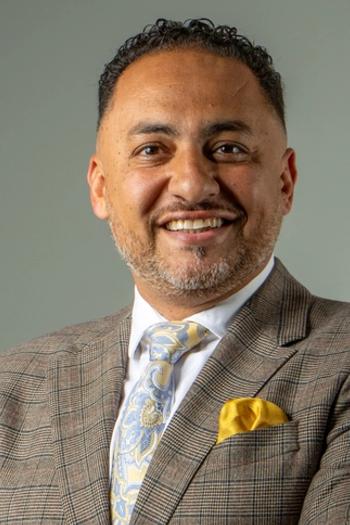
Psychiatric Times is pleased to present a brand-new section on media and psychiatry, and section editor, Mena Mirhom, MD, FAPA.
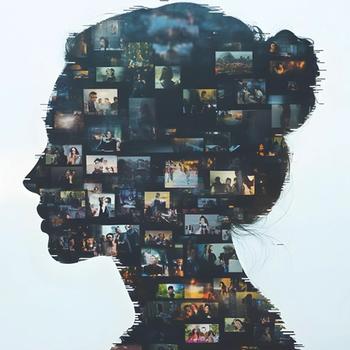
Is our unlimited access to mass media causing more mental health issues?

In the age of misinformation, how can young psychiatrists navigate patient care and social media use?
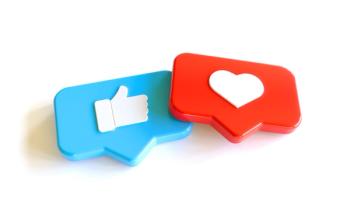
Enter your email to see the results of our polls on social media usage amongst mental health clinicians!

Social media is here to stay, and its use must be a consideration in the treatment of psychiatric conditions, particularly substance use disorder and alcohol use disorder.
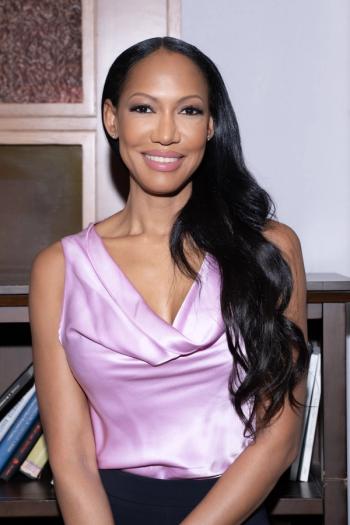
Judith Joseph, MD, MBA, shares her journey of balancing clinical work with social media mental health advocacy.
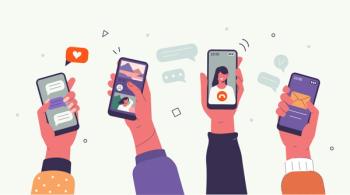
Social media content moderation: a brief for clinicians.

What is the potential impact of social media overuse and mental health crises in young patients?

